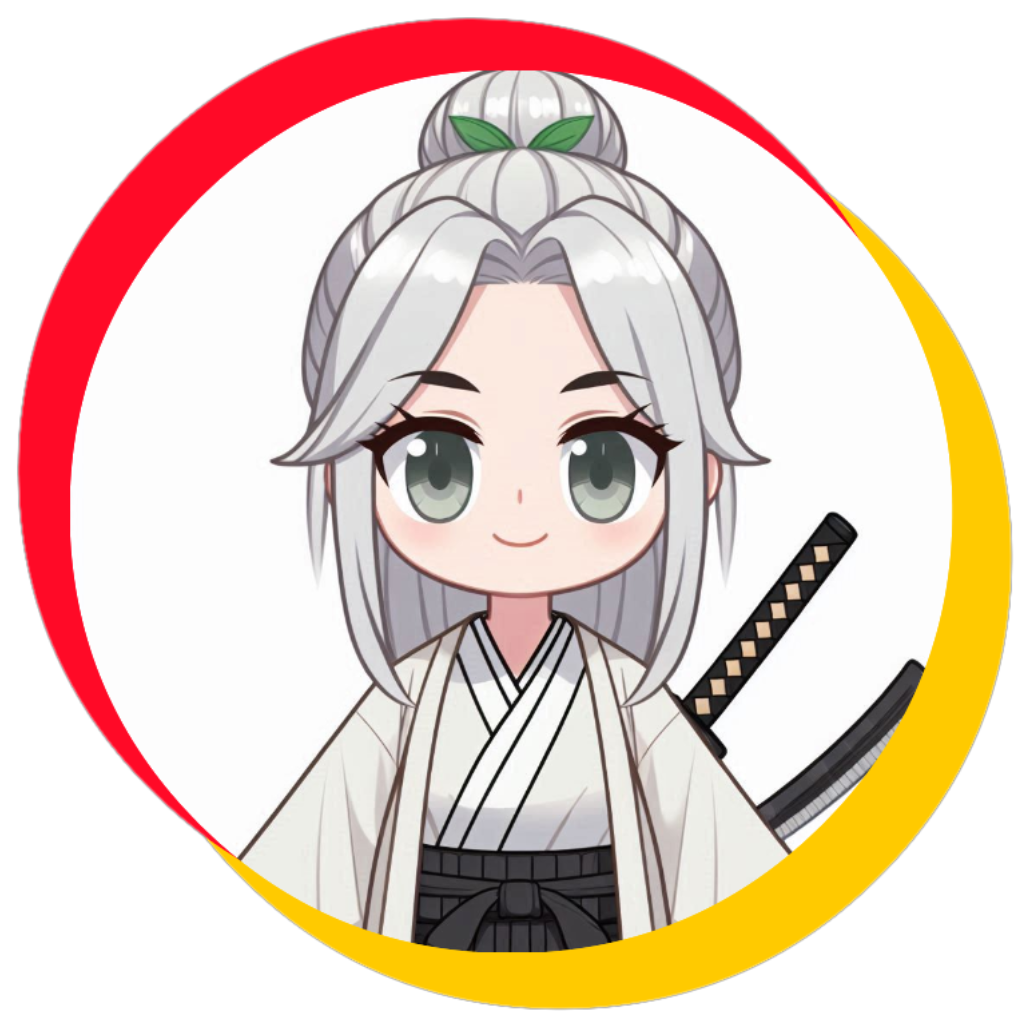From expat to insider: What Japan taught me about communication
In 2012, I returned to Japan to pursue an MBA, fifteen years after my first experience living here in 1997. What began as a revisit quickly became a more permanent move, deepening my connection to the country and reshaping my understanding of cross-cultural communication.
I joined the Deloitte Tohmatsu Group in Tokyo as, as far as I know, their first non-Japanese HR employee, stepping into a role that required navigating both global business expectations and deeply rooted local customs.
Working in HR in Japan meant learning to communicate in ways that often defied my Western instincts. Silence carried meaning. Feedback was subtle. Relationships were built slowly and deliberately.
I came to understand that communication here is not just about words but about timing, tone, and presence. Reading between the lines became essential, not just socially but professionally.
As the only non-Japanese person in my department, I often found myself serving as a cultural interpreter. I helped other international colleagues understand Japanese expectations and supported Japanese teams in adapting to global norms. This role required empathy, flexibility, and a deep respect for both sides.
It was not about choosing one culture over another but about creating space for both to coexist and thrive. These experiences taught me that cross-cultural communication is not a skill you master once. It is a lifelong practice of listening, observing, and adjusting.
For global teams working across cultures, especially in Japan, I offer these reflections:
Listen with your whole self
Pay attention to tone, timing, and body language.
Respect the rhythm
Relationships and decisions may take longer, but they are often more enduring.
Stay open
What feels unfamiliar at first may become your greatest insight.
Be a bridge, not a bulldozer
Influence comes from understanding, not overpowering.
Japan continues to be one of my greatest teachers. It has shown me that communication is not just about exchanging information but about building relationships, honoring context, and cultivating awareness. Every interaction, whether in a boardroom or a neighborhood café, carries layers of meaning shaped by history, emotion, and shared experience. These lessons have stayed with me and continue to inform how I work, lead, and connect across cultures.
As we build more globally connected workplaces, the ability to communicate across cultural boundaries is more important than ever. It requires more than language skills or business etiquette. It calls for empathy, curiosity, and a willingness to see the world through multiple lenses. The more we embrace these values, the more inclusive, innovative, and resilient our organizations will become.
(This article first appeared in the GlobalSaké August 28 Newsletter on about Cross Cultural Communication)
Want to know more? At Japan Consulting Office, we specialize in equipping professionals to thrive in cross-cultural environments. Whether you’re looking for group training or one-on-one sessions, we’ve got you covered!
If you want to learn more about bridging language and cultural gaps in Japanese business, why not join one of our sessions! Here’s the link to upcoming sessions (make sure to select your timezone


